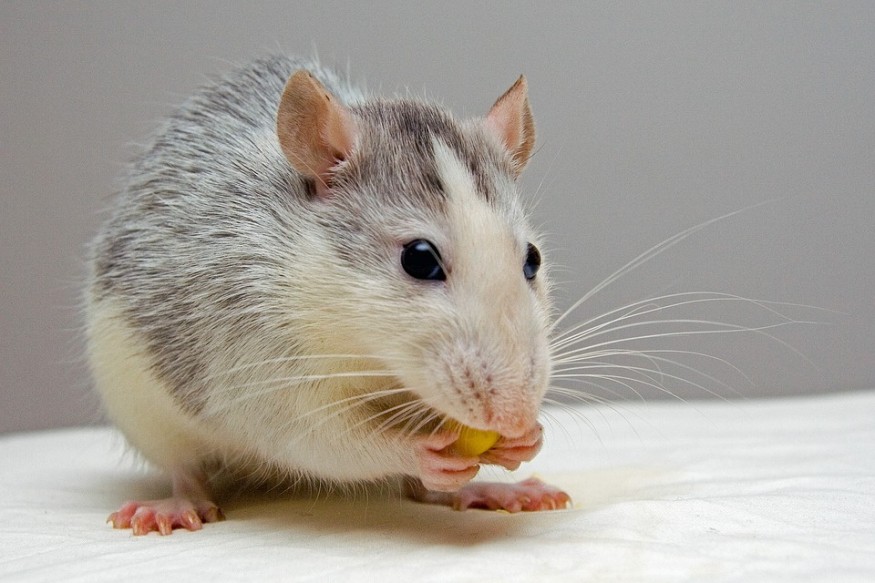
Scientists claim that they successfully trained the rats to drive tiny cars. However, they have discovered more potential for human research than you might think. Research shows that learning to drive appeared to reduce the rats' stress.
Researchers from the University of Richmond in Virginia trained lab rats to run the makeshift cars, which they prove that little rat brains are more capable of doing difficult tasks than previously seen. The results of the research could assist scientists in understanding depression and anxiety among humans.
Kelly Lambert, professor of behavioral neuroscience, explained in a statement that rat brains are an appropriate substitute for the human brains in various ways as it has "the same areas and [amount] of neurochemicals as the human brain" in a smaller sense.
While acknowledging that human beings are "more complicated" than rats, Lambert said the scientists are searching for "universal truths" about how minds interact with the surroundings to sustain optimal mental health.
Rats drive better when mentally stimulated
According to the study, Lambert and her co-researchers made tiny cars out of transparent plastic containers. The cars' floorings were aluminum-based and had three paw-gripping steering wheels made of copper bars.
Electrical currents were created when the rats grasped the copper bars with their paws. The currents powered the car and accelerated in different directions, depending on which bar the rats were holding. Froot Loops were given as a sugary treat to rats for operating the vehicle.
Scientists noticed the rats were more relaxed and less anxious when they drive the cars through examining their stool for stress hormones. The rat-poop results revealed increased dehydroepiandrosterone (DHEA) - the hormone that counteracts stress.
Hormones seen in rat stools presented their improved emotional resilience
Researchers likewise discovered that the rats appeared to be less stressed when they get to drive the cars compared to the passenger rats in remotely controlled versions.
"When we measured hormones associated with stress (corticosterone) and resilience (DHEA) in their poop, we found that, regardless of the housing group, the training itself changed the hormones in a healthy trajectory," Lambert said. The researchers concluded that the training led the rats to have more stress-resilient hormonal profiles.
The driving rats held an interest in driving during the whole trial duration and exhibited more learning ability compared to less stimulated rats. Lambert told New Scientist that the results might influence further research on how depression influences motivation and how Parkinson's disease changes human beings' motor skills and spatial function.
Chandramouli Chandrasekaran, a professor of neurobiology at Boston University School of Medicine, told the Washington Post that the rats' cognitive, motor, and behavioral functions revealed in the research could enable researchers to analyze the neural basis of the challenging tasks.
He said there is "a real scientific value" on the results of the research. He noted that the rats used different parts of their brains to achieve their treats.
What's next?
According to New Scientist, Lambert and her team would be focusing next on how rats can master driving skills and why it seems to alleviate stress. The research team is likewise studying how minds can change over time and identify healthy coping strategies to minimize the negative impact of chronic stress.
© 2026 NatureWorldNews.com All rights reserved. Do not reproduce without permission.





